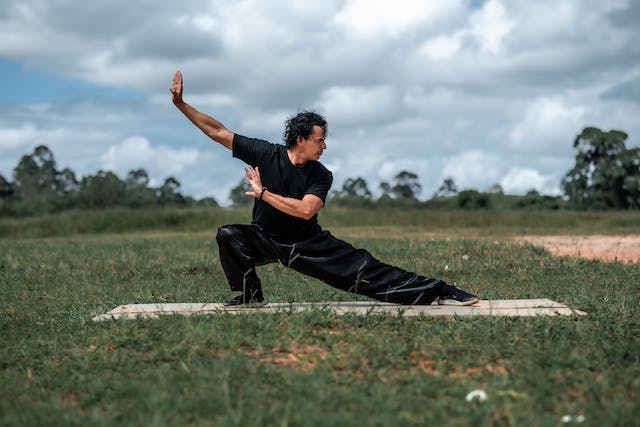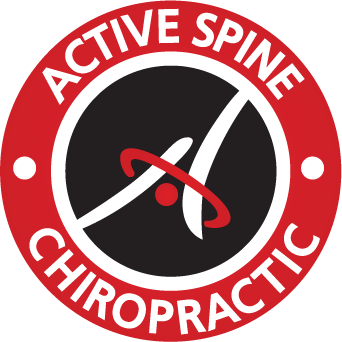 Introduction:
Introduction:
Tai Chi is an ancient Chinese martial art form that has shown promising results in alleviating the symptoms of Parkinson’s disease. Parkinson’s disease is a neurodegenerative disorder that affects millions of people worldwide. While there is no cure for Parkinson’s, various therapies and interventions can help manage its symptoms and improve quality of life. In this article, we will explore the numerous benefits of tai chi for individuals living with Parkinson’s.
Tai Chi Improves Balance and Stability:
One of the hallmark symptoms of Parkinson’s disease is impaired balance and stability, leading to an increased risk of falls. Tai chi’s slow, controlled movements and weight-shifting exercises can significantly improve balance and stability. Regular practice of tai chi helps individuals with Parkinson’s develop better body awareness, coordination, and control, reducing the risk of falls and related injuries.
Enhanced Flexibility and Range of Motion:
Parkinson’s disease often causes stiffness and rigidity in muscles, limiting flexibility and range of motion. However, tai chi’s gentle, flowing movements promote joint mobility, stretching, and relaxation of muscles. Regular practice can help individuals with Parkinson’s maintain or improve their flexibility, making daily activities easier and more comfortable.
Increased Strength and Muscle Endurance:
Muscle weakness is another common symptom of Parkinson’s disease. Tai chi’s slow, controlled movements engage various muscle groups, promoting strength and endurance. The continuous weight shifting and weight-bearing exercises help build muscle tone and improve overall physical strength, making everyday tasks more manageable.
Enhanced Cognitive Function:
Parkinson’s disease can affect cognitive abilities, including memory, attention, and executive function. On the other hand, tai chi combines physical movement with mental focus and concentration, stimulating the brain and enhancing cognitive function. Regular practice of tai chi has been shown to improve attention, memory, and overall cognitive performance in individuals with Parkinson’s.
Reduced Stress and Anxiety:
Living with Parkinson’s disease can be emotionally challenging, leading to increased stress and anxiety levels. Tai chi incorporates deep breathing, meditation, and relaxation techniques, promoting a sense of calm and reducing stress. The slow, rhythmic movements and mindfulness involved in tai chi help individuals with Parkinson’s manage their emotions. As a result, this leads to improved mental well-being.
Social Engagement and Support:
Tai chi classes often provide a supportive and inclusive environment, fostering social interaction and a sense of community. Participating in group sessions allows individuals with Parkinson’s to connect with others facing similar challenges, reducing feelings of isolation and providing emotional support.
Conclusion:
Tai chi offers a multitude of benefits for individuals living with Parkinson’s disease. From improved balance and flexibility to enhanced cognitive function and reduced stress, regular practice can significantly improve the overall well-being and quality of life for those with Parkinson’s. As with any exercise program, it is essential to consult with a healthcare professional before starting to ensure it is suitable for individual needs and abilities.
About the Author:
 Introduction:
Introduction:





